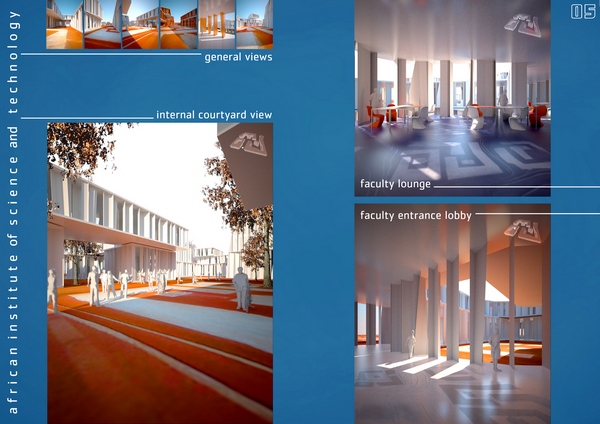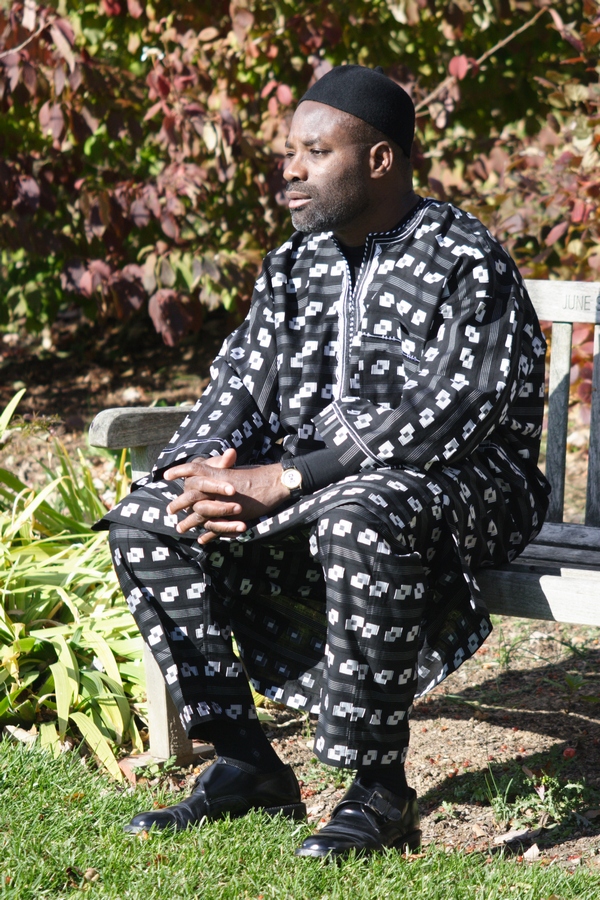
Can Nigeria Leapfrog into
the Information Age?
by PHILIP EMEAGWALI
Since delivered on August 30,1997, the central ideas of this 40-page speech were widely debated and discussed and finally gave birth to the new:
For a better understanding of where we are going, we need to retrace our steps. About 10,000
years ago, Africans in the valley of the River Nile entered the Agricultural Age when they
discovered that cultivating the soil for crops and shepherding herds of animals would provide
more food than just hunting animals and gathering fruits. This leap into the Agricultural Age
motivated Africans to develop mathematics, chemistry, astronomy and medicine as tools for the
new age. Our advanced technological knowledge enabled us to build majestic pyramids, the tallest
buildings in the world for 3,700 years. These pyramids withstood all types of desert storms and
still stand today, like the Rock of Gibraltar.
Europeans learned our technology, used it to enter the Industrial Age and became more
prosperous than we are. They learned to put capital together and mass-produce consumer goods.
Unless Africa leapfrogs into the Information Age, the economic gap between Europe and Africa
would widen because Europe is about to enter the age. In other words, to catch up, Africa must
take two steps for every step Europe takes.
Many Nigerians believe that our country takes one step backward when other countries such as
South Korea, Malaysia, and South Africa take one step forward. This belief is substantiated by the
World Bank which now ranks our oil-producing nation as the 13th poorest country in the world;
and has declared that the standard of living in pre-independence Nigeria was higher than what
exists today. We have indeed, taken several steps backward. While acknowledging that we
squandered and mismanaged our petroleum revenues and that we are no longer the "Giant of
Africa," we must accept that now is the time for a new Nigeria.

Abuja Technology Village was first conceived and proposed by Philip Emeagwali
as Africa's Silicon Valley specializing in offshore outsourcing.
I thank the organizers of this convention for inviting me to share my thoughts with you.
On a
personal note, I appreciate the invitation to be speaker and guest of honour. But more
importantly, I believe that inviting a scientist to speak at this convention is a recognition of the
potential role of technology in improving the standard of living in Nigeria and Africa. I would like
to share with you my thoughts on how to formulate a strategic plan to launch Nigeria and other
African countries into the Information Age, in order to achieve economic development and
prosperity. I am particularly interested in the Nigerian Vision 2010 which I believe should have
been used as a blueprint for leapfroging our nation from the Agricultural Age into the Information
Age. Later, I will propose a three-track approach that will enable Nigeria to invest evenly in
agricultural, industrial and information sectors.

On August 30, 1997, the flagship AIT [African Institute of Technology] was first conceived and proposed by Philip Emeagwali to compete with MIT [Massachussetts], IIT [India] and AIT [Asia]. On March 11, 2005, the Commission for Africa [Chaired by Tony Blair], added its voice and instructed the World Bank to make AIT a reality.

Philip Emeagwali introduced the novel concept of Africa leapfrogging into the Information Age via offshore outsourcing. [Photo taken in the Washington, DC metropolitan area in October 2006.]

